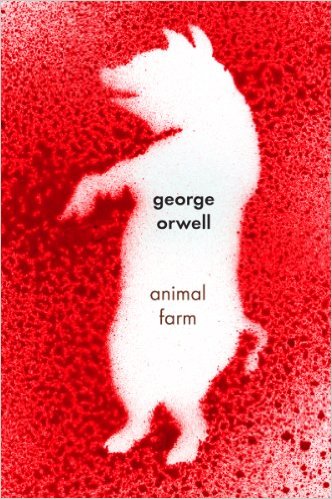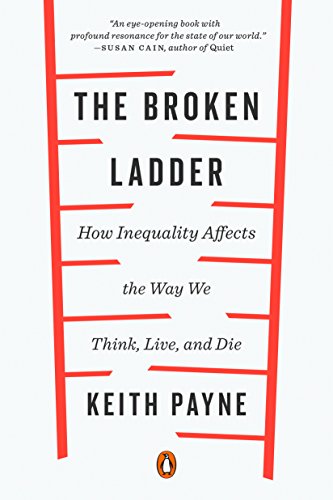The most famous by far of all twentieth-century political allegories, Animal Farm is the account of a group of barnyard animals who revolt against their vicious human master, only to submit to a tyranny erected by their own kind, can fairly be said to have become a universal drama. Orwell is one of the very few modern satirists comparable to Jonathan Swift in power, artistry, and moral authority; in animal farm his spare prose and the logic of his dark comedy brilliantly highlight his stark message. Taking as his starting point the betrayed promise of the Russian Revolution, Orwell lays out a vision that, in its bitter wisdom, gives us the clearest understanding we possess of the possible consequences of our social and political acts.
Today’s inequality is on a scale that none of us has seen in our lifetimes, yet this disparity between rich and poor has ramifications that extend far beyond mere financial means. In The Broken Ladder psychologist Keith Payne examines how inequality divides us not just economically, but has profound consequences for how we think, how our cardiovascular systems respond to stress, how our immune systems function, and how we view moral ideas like justice and fairness. Experiments in psychology, neuroscience, and behavioral economics have not only revealed important new insights on how inequality changes people in predictable ways, but have provided a corrective to our flawed way of viewing poverty as the result of individual character failings. Among modern, developed societies, economic inequality is not primarily about money, but rather about relative status: where we stand in relation to other people. Regardless of their average income, countries or states with greater levels of income inequality have much higher rates of all the social problems we associate with poverty, including lower average life expectancies, serious health issues, mental illness, and crime.

